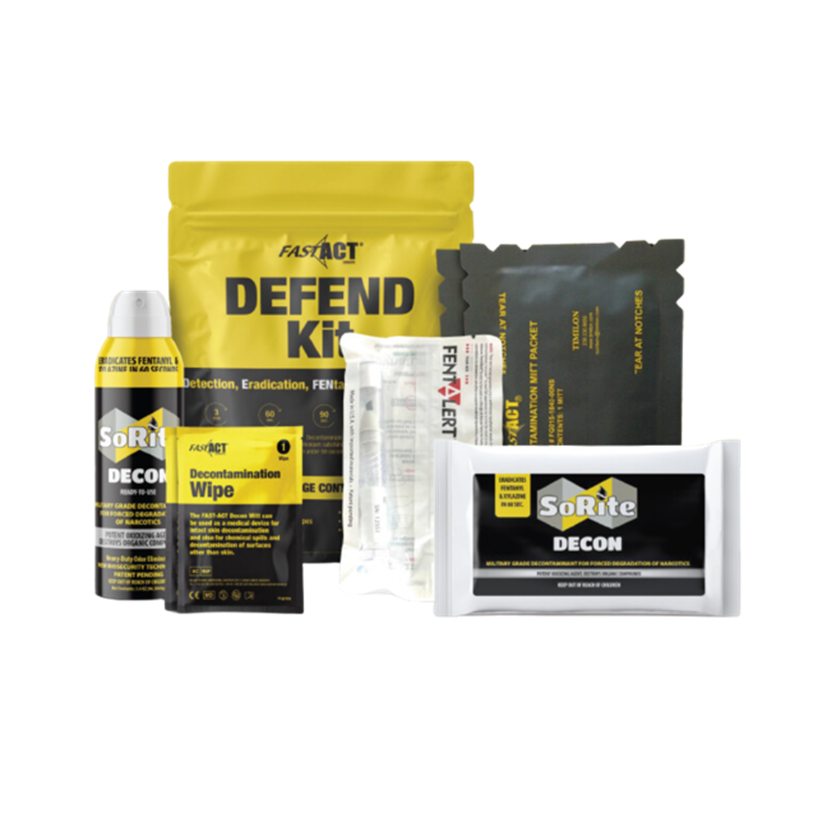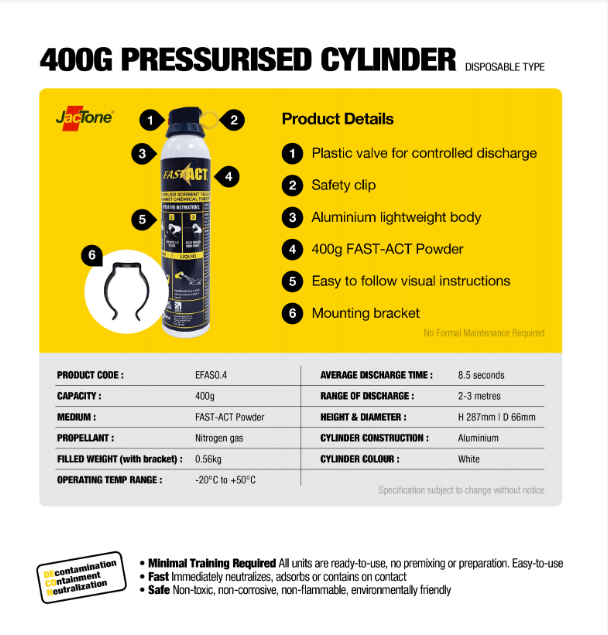FAST-ACT, manufactured in the United States by Timilon Corporation and leader in dry decontamination solutions, announces the launch of its groundbreaking DEFEND Kit, a comprehensive solution designed to protect first responders, law enforcement, and other professionals from exposure to fentanyl, fentanyl derivatives, and opioids.
Category: Decontamination Insights
FAST-ACT® Decontamination Wipes Receive CE Registration as Class I Medical Device for Use on Skin and Surfaces
The FAST-ACT® Decontamination Wipes are the first of their class to obtain the conformity for safe skin use.
Explore Safety at Your Fingertips with the FAST-ACT App!
Download now to access our full product catalogue, request quotes, ask questions, and unlock the most comprehensive decontamination guide available.
Announcing our new Italian partner: IN MANIBUS MEIS
FAST-ACT® is proud to announce a distribution partnership with INMM, bringing our exceptional decontamination products to Italy!
Introducing the New 400g FAST-ACT Cylinder
We’re thrilled to announce the launch of the new 400g FAST-ACT Cylinder in partnership with Jactone Products Ltd.






